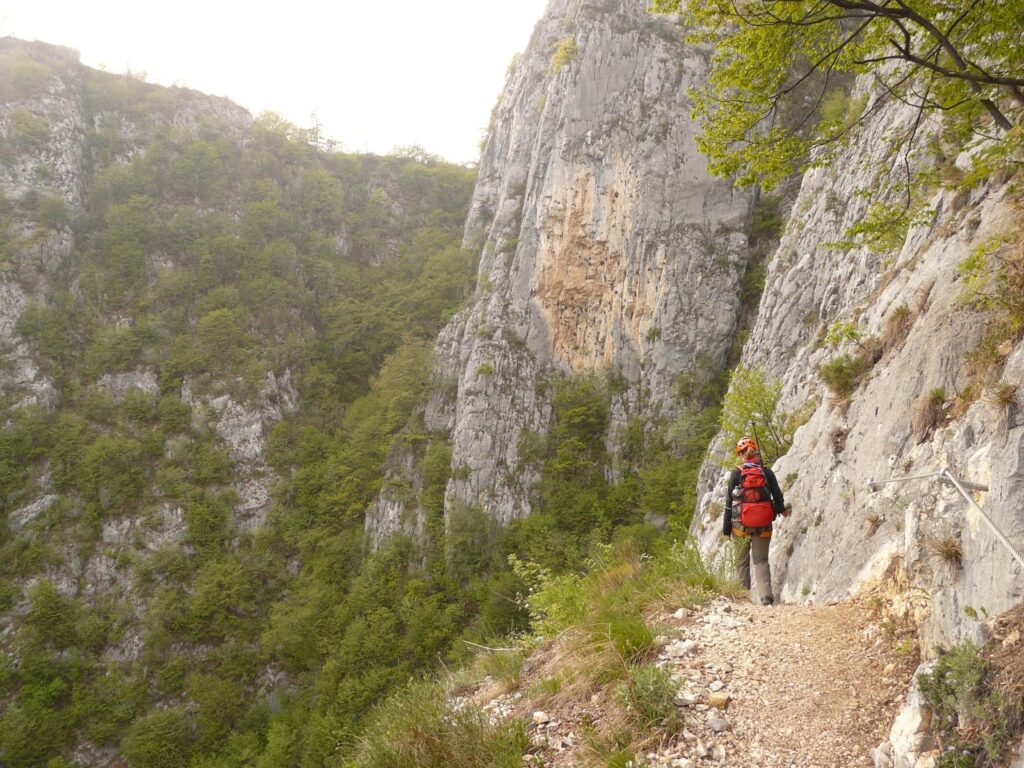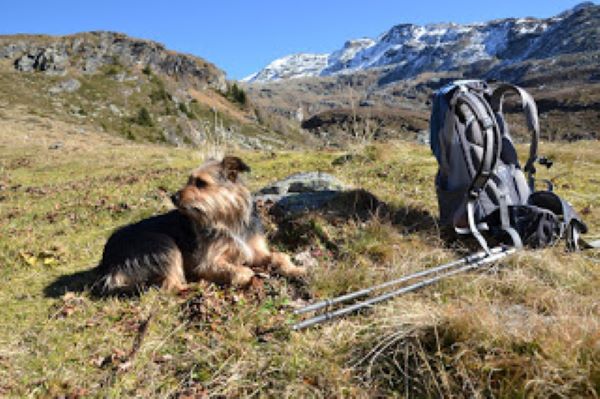

Top 5 Hiking Accessories You Should Never Be Without
by Nick Parkes
Tom, Wendy and their trusty furry companion Duke set out for
what was supposed to be a fun and challenging day hike. They were experienced
hikers but the 20 mile hike they were about to embark on was new to them.
Packed and ready, they set off at sunrise. Full of excitement and enthusiasm
they tackled the trail with vigor. The first two hours went extremely well.
They were enjoying the fresh mountain air, the gentle warmth of the fall
sunshine and a light breeze made conditions comfortable. All of that changed
when Tom stepped on a loose rock, slipped and fell down a steep embankment. When
Wendy and Duke got to Tom they thought his leg was broken. Wendy checked her
phone but she had no signal.
Every year around 42 million Americans set off on similar
hiking adventures and while the vast majority return safely there are countless
stories of hiking trips that go bad. It can happen to anyone, even the most
experienced hiker. That’s why the most important thing to do is make sure you
are prepared for every eventuality.
We have put together a list of the top 5 essential
accessories that every backpacker should carry in the event of an emergency.
These items can be small and so they don’t need to take up too much space in
your backpack. But regardless of whether you are hiking for a couple of hours
or for multiple days, a portion of your pack space should always be dedicated
to emergency supplies. The more remote your hike, the more space you should
dedicate.
Regardless of distance, never leave home without these
items:
1. A Good
Knife/Multitool
In any emergency situation a good knife is key to survival.
With a knife you can cut or slice, you can dig, split wood or use it to help
build a shelter. Wendy used her knife to fashion a splint for Tom and she also
made a solid walking stick to help him move with her help.
2. Additional
Water
Water is by far the heaviest item that will be carried.
Hikers should always pack enough water to comfortably get through the hike. Any
emergency situation may force you to stay outdoors longer than your water
supply will allow. If you know you will be near a water supply then water
purification tablets are a good option to refill water supplies with drinking
water. For longer hikes a suspended tarp can also gather rainwater to replenish
supplies.
3. Fire
The ability to create fire is essential to survival. Fire
can be used to warm you, cook food and purify water, especially if you have a
metal water bottle or a pot. Matches and lighters are light and easy to carry, but
they can be susceptible to failure if they get wet. A magnesium fire starter is
incredibly reliable and can work when wet, just make sure you know how to use
before you head out.
4. Food
Just like water it is important to pack enough food to get
you through the day, but to prepare for an unlikely but possible extended stay
outdoors you should include some additional food rations. Lightweight options
from the Backpacker’s Pantry can easily be added to your survival kit so that
you have options if the times call for it.
5. GPS/Map and
Compass
Knowing where you are and where you need to get to is
incredibly important. In a situation where mobility is restricted you don’t
want to wander around aimlessly. You can also locate water sources more quickly
or possibly find a shortcut to a road to get help more quickly. Many compasses
also come with mirrors or magnifying glasses which can be used to signal for
help or start a fire in the right conditions.
These items are just the start. Every hiker should have
these bases covered before departing, but there are plenty more items that can
make life easier and can help you through any unexpected situations. If you
love spending time outdoors you will want to ensure that you, your loved ones
and your pets are all going to return home safely, no matter what mother nature
throws at you.
To explore more survival kit options click here: https://www.outdoorsportsessentials.com/category-s/182.htm
